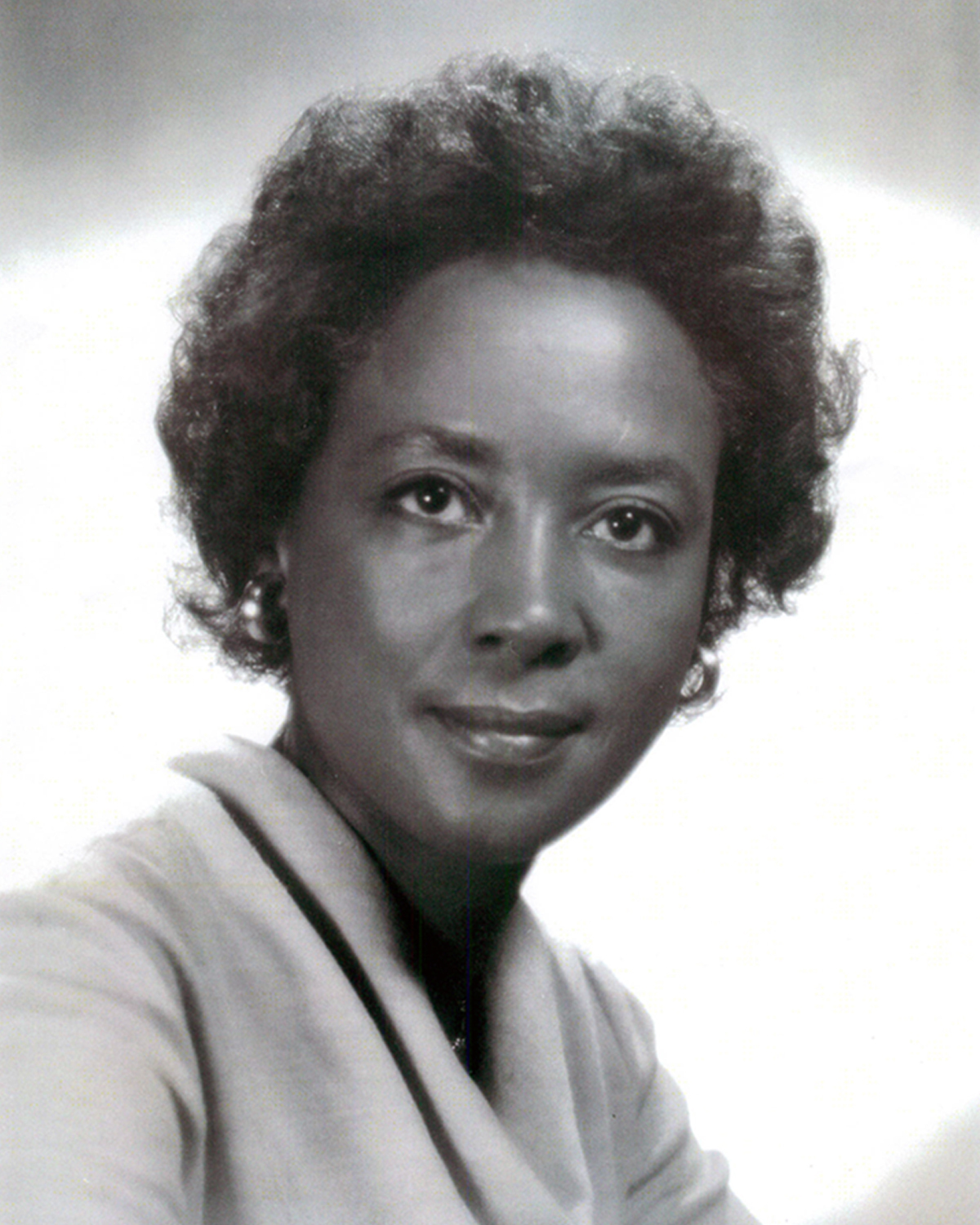- Annie Jean Easley (1933 - 2011) was an American computer scientist, mathematician, and rocket scientist.
- She was one of the first African-Americans to work at NASA.
- Annie was a leading member of the team which developed software for the Centaur rocket stage.
Annie Easley had never heard of the National Advisory Committee for
Aeronautics (NACA) when she read an article about twin sisters who were
“human computers” at the Aircraft Engine Research Laboratory in Cleveland,
Ohio. The Lab (the predecessor of the NASA Glenn Research Center) was in need
of people with strong math skills, and she was in need of a job after recently
relocating from Birmingham, Alabama. Two weeks after reading the article,
Easley began a career that would span 34 years. She would contribute to
numerous programs as a computer scientist, inspire many through her
enthusiastic participation in outreach programs, break down barriers for women
and people of color in science, technology, engineering, and mathematic (STEM)
fields, and win the admiration and respect of her coworkers.
In 1955, Easley began her career as a “human computer,” doing computations
for researchers. This involved analyzing problems and doing calculations by
hand. When hired, she was one of only four African-American employees at the
Lab. When human computers were replaced by machines, Easley evolved along
with the technology. She became an adept computer programmer, using
languages like the Formula Translating System (Fortran) and the Simple Object
Access Protocol (SOAP) to support a number of NASA's programs. She developed
and implemented code used in researching energy-conversion systems,
analyzing alternative power technology—including the battery technology that
was used for early hybrid vehicles, as well as for the Centaur upper-stage
rocket.
Easley was very dedicated in her outreach efforts at NASA. She not only
participated in school tutoring programs but was a very active participant in the
speaker's bureau—telling students about NASA's work and inspiring especially
female and minority students to consider STEM careers. Later in her career, she
took on the additional role of equal employment opportunity (EEO) counselor.
Easley retired in 1989, but she remained an active participant in the Speaker's
Bureau and the Business & Professional Women's association. Annie Easley
passed away on June 25, 2011. (NASA.GOV: Source for Annie Easley)
